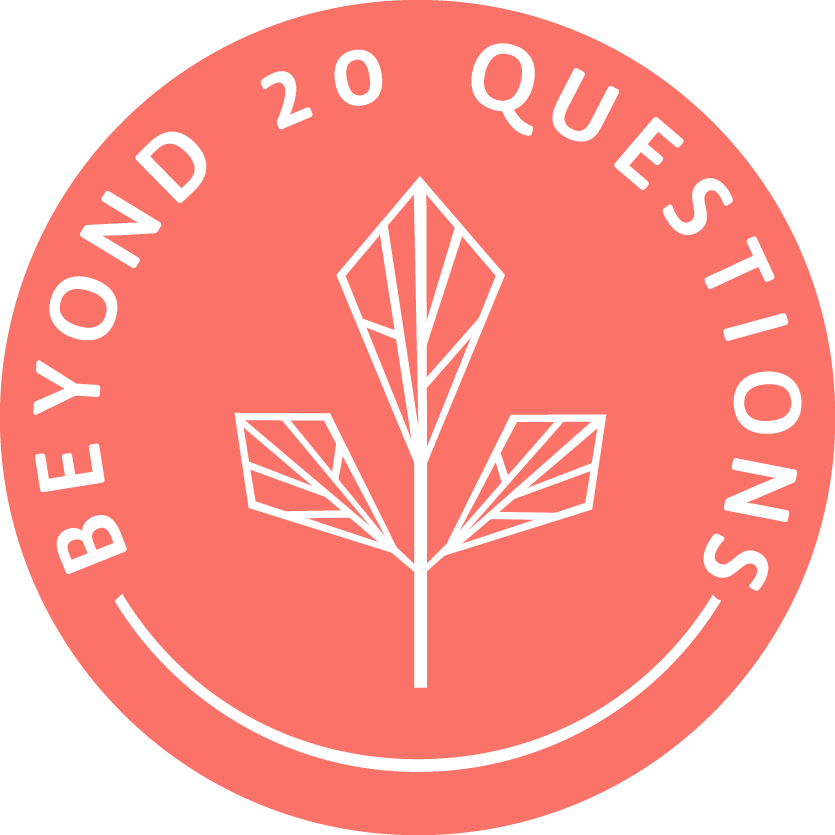The greatest generation, the loneliest generation?
Having social connections is what allows our species to thrive. Being lonely, or lacking a sense of meaningful social connection, is not only uncomfortable but also downright dangerous. As a result, the lonely state provides a stimulus to seek out beneficial connections and increases our sensitivity to potential threats [1]. Our aging population possesses a combination of risk factors for loneliness, including widowhood, less education, increased financial stress, and a greater number of chronic health conditions [2].
Loneliness can have a significant impact on your health. Consider the stress being lonely places on your body. Instead of having a team you can trust to help you out and keep you safe, your body and brain have to stay on high alert to manage all the challenges that life presents. Aside from being unpleasant, being lonely is going to wear you out physically, mentally and emotionally.
Poor sleep quality
One of the most important aspects of health is sleep, and when your body is stressed sleep quality goes out the window. Interestingly enough, the lonely brain is more “awake”, or hypervigilant, during sleep. This makes evolutionary sense – if you don’t have people around to protect you from being eaten in your sleep then your sleep is going to be less restful [1]. Strategies to make a person feel more protected while they sleep could include installing a security system or adopting a pet. These strategies might ameliorate the problem.
Elevated Blood Pressure
We often think of cardiovascular risk assessment in terms of lipid panels, diet, exercise and demographics. But loneliness may be one underappreciated risk factor in cardiovascular health. A lonely heart is under a lot more stress in terms of increased peripheral resistance and increased systolic blood pressure, even after controlling for other typical cardiovascular risk factors [3].
It is possible that loneliness affects diet and this in turn affects the health of your heart. However, as we discussed before, loneliness results in an overactive sympathetic system (always alert!). We cannot assume that relieving loneliness will correct pre-existing cardiovascular damage, but perhaps it could prevent the progression of heart disease [3].
Dementia & Decreased Cognition
Loneliness is associated with cognitive decline, such as impaired immediate and delayed recall, and is correlated with an increased risk of Alzheimer’s disease and dementia [4]. One proposed explanation for this effect is that loneliness is associated with increased stress and depression. Stress and depression in turn affect immune function and activation of the hypothalamic-pituitary-adrenal (HPA) axis, leading to damaged neuronal networks [4,5].
Depression and depressive symptoms
There is a nuanced relationship between loneliness and future depressive symptoms. Yes, loneliness has been linked to future depressive symptoms in the older population. However, an Israeli study demonstrated that in the oldest of the older population loneliness no longer predicts depression [6]. This could be because loneliness and depression in older populations are enhanced by the perception of a longer life expectancy [6]. In essence, living longer is not something to look forward to when you are lonely. The longer you think you have left to live, the greater the risk for loneliness and depression. Further research is needed to determine if subjective life expectancy is a factor in Western cultures as well.
Summary
Even though being lonely does not entail the same threats in our modern society as it did years ago, our bodies are wired to respond to loneliness in ways to protect us in a vulnerable state. This affects our physical, emotional and mental well-being by putting us into a physically hypervigilant sympathetic state and leaving us to process social situations in an overly cautious, negative light.
This is only a small snapshot into the relationship between loneliness and well-being. As a society we need to better support the older generations at risk for loneliness and help them to maintain their spark and purpose in life.
Watch for the next post on how we can make a difference!
References
Cacioppo, J. T. & Cacioppo, S. Social relationships and health: The toxic effects of perceived social isolation. Soc. Personal. Psychol. Compass 8, 58–72 (2014).
Emerson, K. G. & Jayawardhana, J. Risk Factors for Loneliness in Elderly Adults. J. Am. Geriatr. Soc. 64, 886–887 (2016).
Hawkley, L. C., Thisted, R. A., Masi, C. M. & Cacioppo, J. T. Loneliness predicts increased blood pressure: 5-year cross-lagged analyses in middle-aged and older adults. Psychol. Aging 25, 132–41 (2010).
Boss, L., Kang, D.-H. & Branson, S. Loneliness and cognitive function in the older adult: a systematic review. Int. Psychogeriatrics 27, 541–553 (2015).
Zhong, B.-L., Chen, S.-L. & Conwell, Y. Effects of Transient Versus Chronic Loneliness on Cognitive Function in Older Adults: Findings From the Chinese Longitudinal Healthy Longevity Survey. Am. J. Geriatr. Psychiatry 24, 389–398 (2016).
Bodner, E. & Bergman, Y. S. Loneliness and depressive symptoms among older adults: The moderating role of subjective life expectancy. Psychiatry Res. 237, 78–82 (2016).
Photo credit: Jilbert Ebrahim

